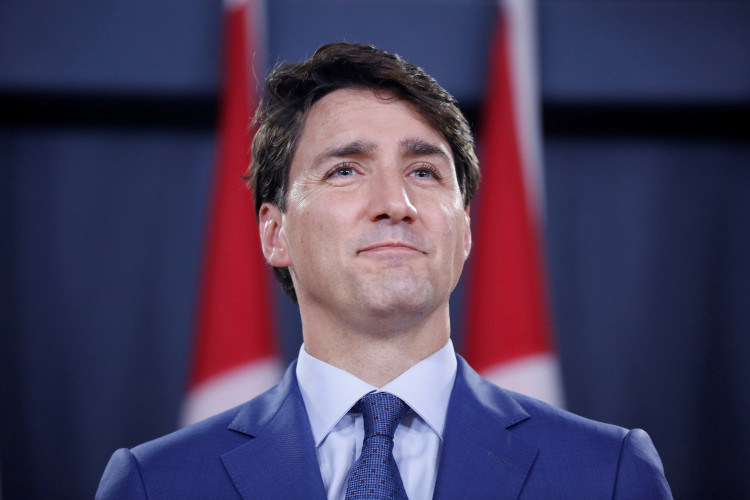Canadian Prime Minister Justin Trudeau has shown signs that his country will not bow down on pressures coming from the United States to sign the revised and final version of the North American Free Trade Agreement by Dec. 1. Canada is better off without NAFTA if the updated version will not include Chapter 19 and sections that will protect the country's culture industries, the prime minister said.
Senior negotiators from both parties are scheduled to meet on Sept. 5 to try to enter a compromise between their respective requests. The United States and Mexico have already entered an agreement in the previous week.
Canada and the United States need to have a text of the revised deal assessed by the U.S. Congress by Oct. 1 in order for Ottawa to still be included in NAFTA. The final version of the deal should be ready by Dec. 1 for the Congress' official approval.
If by December and Canada still disapproved the revisions agreed upon between Mexico and the United States, U.S. President Donald Trump said they will proceed without Ottawa. NAFTA would then simply be called the US-Mexico Free Trade Agreement.
The latter seems more likely to happen because Trudeau is equally persistent to no longer join the agreement if Chapter 19 or at least a similar dispute resolution mechanism will not be included in the revised version.
Trudeau underlined that only Chapter 19 or something akin to it can ensure that trade rules are to be respected in the long run by all concerned parties. He told reporters in Vancouver on Tuesday that not having Chapter 19 on revised NAFTA is bad for Canadians.
The prime minister also explained that his administration will not enter a free trade agreement if it does not exempt Canada's cultural industries. Trudeau wanted an agreement that can protect his country's publishing and broadcasting sectors, a portion which was heavily scaled back with Trump's deal with Mexico but specified in the older version. He said without these sections, Canada's sovereignty and identity could be at risk.
Specifically, Chapter 19 of the old NAFTA permits the three countries to dispute one another with regard to their respective anti-dumping and countervailing duty decisions. This is to ensure that there will be no unfair trade and deliberate lowering of prices for self-gains. The dispute shall take place in front of an expert panel with members coming from all countries involved.
The panel shall comprise of members from Ottawa's Canada Border Services Agency and the Canadian International Trade Tribunal; from the U.S. Department of Commerce, International Trade Administration, and the U.S. International Trade Commission; and from Mexico's Secretaria de Economia, Unidad de Practica Comerciales Internacionales.
The role of Chapter 19 in NAFTA is similar to the function of the World Trade Organization. If for example, Canada agreed that the chapter is discarded from the revised NAFTA deal; disputes can be heard through WTO. Trump, however, had recently mentioned leaving the organization and even threatened to block the appointment of WTO judges to make the association dysfunctional.






